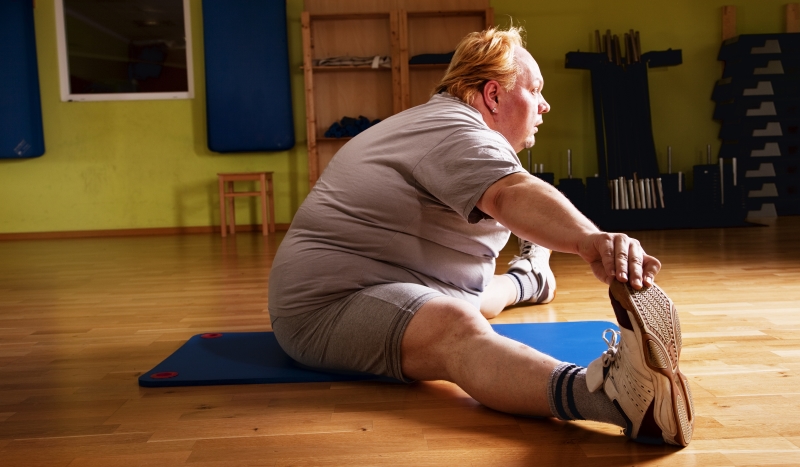
Want to Lose Fat?
To lose weight, it makes sense that you may need to lose some fat. In doing so you will need to reduce your calories and increase the amount of exercise.
In our Q&A for low fat diets, we look at some of the key questions, and possible answers, that come up when discussing the value of low fat diets. Perhaps the most common Q&A has to do with why go on a low fat diet in the first place?
Why is Losing Fat a Good Idea?
There are in fact a number of good reasons. The most important of which may be that high consumption of saturated fat has been proven to lead to high cholesterol levels.
Cholesterol can build up on the inside of your arteries thereby partially restricting or blocking the flow of your blood. This in turn leads to an increased risk of heart disease, heart attacks, and strokes.
High cholesterol levels are potentially fatal. So if youre worried, ask your doctor to test your cholesterol levels and advise you on what dietary restrictions you may need to make. In addition, fat is the bodys way of storing energy.
It is broken down for use far more slowly than proteins or carbohydrates and is therefore more likely to add to your overall weight. Being overweight or obese also puts considerable strain on your heart and on your body in general.
How Many Calories in Fat?
So how many calories are there in a pound of fat? The answer is approximately three thousand five hundred calories per pound of body fat. It can vary slightly depending on the percentage of water involved but generally speaking each pound of fat contains ten percent water.
Unfortunately you need to lose slightly more calories than this in order to see a comparable difference on the weighing scales. This is because the body's metabolism is complex. Factors such as age, genetics, and lifestyle all affect the way in which your body turns fat into fuel.
It takes longer for the body to burn up fat and so in order to get the amount of oxygen your cells need, your body will tend to burn carbohydrates first. If you go on a diet that vastly restricts your calorie intake, it can be somewhat self-defeating in that your body may go into starvation mode. In other words, it thinks you're facing a famine so it starts to store as much fat as possible to protect you from dying of hunger.
Far better is to set yourself realistic goals where small reductions in calorie in take are accompanied by healthy eating and exercise. Exercise builds muscle, which in turn increases your metabolism so that your body starts to burn far more calories. Muscle in fact weighs more than fat due to its greater density. In other words, because muscle is more compact, it takes up less space so while you might weigh the same, you will look and feel far trimmer.
Should I cut out Fat Completely?
It's over simplistic to describe fat as evil. It is in fact an important part of any healthy diet. The key here is what kinds of fat are you consuming? Unsaturated fats, such as that found in nuts, seeds, and oily fish, are in fact good for lowering your cholesterol levels and keeping your bodys systems running efficiently.
Saturated fats, such as those found in deep fried foods, chips, and cakes, are the ones that clog up your arteries and pile on the pounds. Watch out for hydrogenated fats that are often present in vegetable oils. These are fats that used to be unsaturated but have been chemically processed so that they are now as dangerous as saturated fats.
Most Popular
- › Balanced Diets - Tips & Advice
- › Is Child Obesity A Major Issue?
- › Eating Disorders Relating to Weight Loss
- › Treadmills & Running Machines
- › Fat Burning Exercises
- › Home Gyms for Exercising
- › Cholesterol Levels - High & Low - Explained
- › Your Calorie Intake for Weight Loss
- › The Risks of Dieting
- › Activities for Getting Fit
You may also be interested in...
Burning More Calories
Find a way to teach your body to burn more calories rather than storing them as fat. That way you’ll find you’re far less likely to gain weight.Losing Body Fat
Losing body fat is the key to weight loss in the long term. Find out how to do it through dieting and exercise with some simple tips and guides.Cholesterol Levels Explained
Be aware of your cholesterol levels! Do you know what's good abotu low levels and bad about high levels? We've explained it all in as simple a way as we can.Healthy Fats
Check out how healthy fats for your body are a key component in your eating plans in order to lose weight.Eating Low Fat Foods
Slimming.co.uk provides information on eating low fat foods and what it means for your diet and daily nutritional balance of foods.
